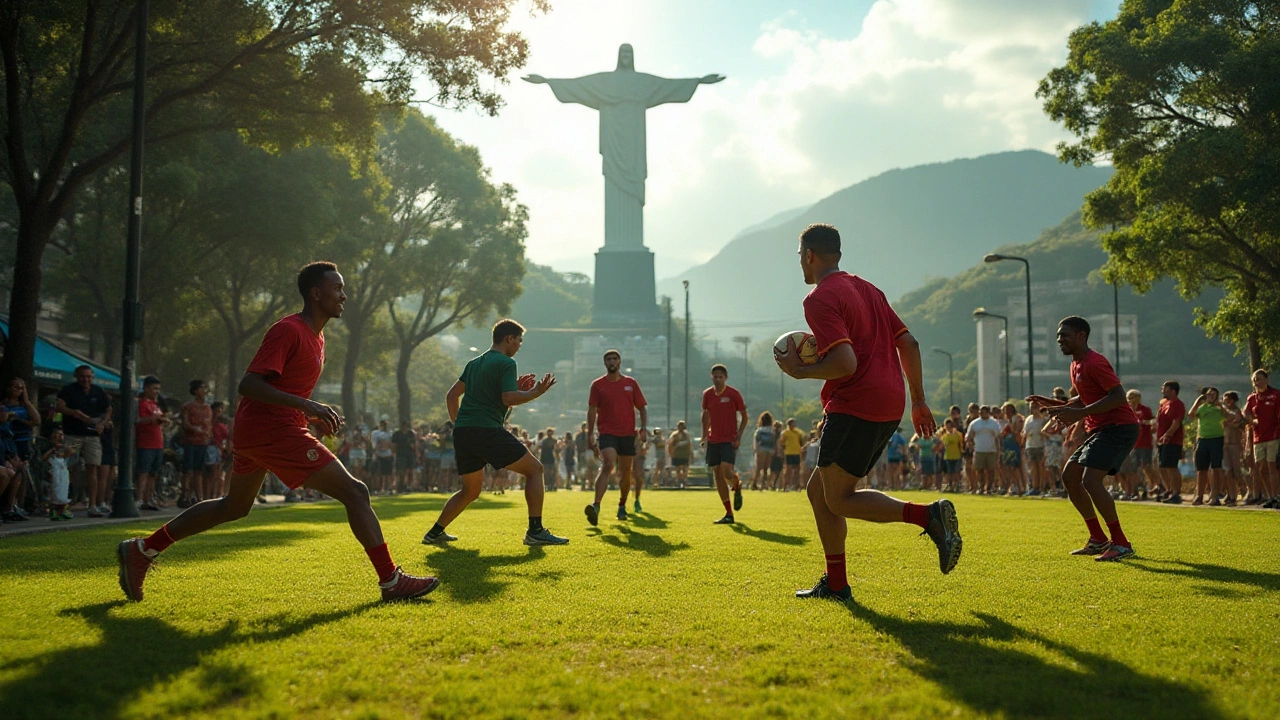Rugby in Brazil – How the Game is Growing and What Lies Ahead
Rugby may not be the first sport you think of when you hear "Brazil," but the numbers are changing fast. In the last five years the Brazilian Rugby Confederation reported a 40% jump in registered players, and the national sevens team now qualifies for most major tournaments. That surge means more clubs, more matches, and more fans showing up at local fields.
Why the sudden interest? A big boost came from rugby sevens becoming an Olympic sport in 2016. The Rio Games gave the sport massive exposure, and young athletes saw a clear pathway to represent their country. Schools and universities began adding rugby to their sport curricula, offering scholarships and easy‑entry programs that lower the barrier for beginners.
Why Rugby Is Gaining a Foothold
Grassroots projects are the engine behind the growth. The “Rugby for All” initiative runs free coaching clinics in neighborhoods across São Paulo, Rio, and Recife, handing out basic equipment and teaching core skills. These clinics often partner with local NGOs, making it easy for kids from low‑income families to try the sport. Social media also plays a role – short videos of spectacular tries and tackles get shared widely, sparking curiosity among teens.
Roadblocks and the Path Forward
Despite the upswing, rugby still battles strong headwinds. Football dominates every broadcast slot and squeezes sponsorship dollars away from smaller sports. Many clubs operate on volunteer staff and rely on personal funding, which limits the ability to hire professional coaches or travel for international games. Another hurdle is the lack of dedicated rugby pitches; teams frequently share soccer fields, which can affect game quality and safety.
To break through, the federation is pushing for a semi‑professional league that would give players regular competition and a salary floor. Partnerships with European clubs are also in the works, offering exchange programs for coaches and promising athletes. Media outlets are beginning to air weekly highlight reels, and streaming platforms are picking up live matches, giving fans easy access to watch their hometown teams.
Looking ahead, the key will be consistency. If youth programs keep feeding new talent, if clubs secure stable funding, and if the sport stays visible on TV and online, rugby could become a recognizable part of Brazil’s sporting landscape. For anyone curious about trying the sport, local clubs often host open‑day sessions – just show up, bring a water bottle, and get ready for a fun, fast‑paced workout.
Rugby in Brazil is at a turning point. The momentum is there, the passion is growing, and the next few years will decide whether the sport cements its place or stays a niche pastime. Keep an eye on the upcoming domestic league and the national team's performance at the next World Rugby Sevens Series – they’ll be the best barometers of where Brazilian rugby is headed.
Exploring Brazil's Top Sports: A Spotlight on Rugby and More

Brazil is famed for its rich sports culture, primarily dominated by football. However, in recent years, rugby has been gaining ground as an emerging sport in the country. This article delves into Brazil's sporting prowess, focusing primarily on its notable achievements and developing interest in rugby. It also highlights some key fixtures that have contributed to rugby's growing popularity in Brazil.
